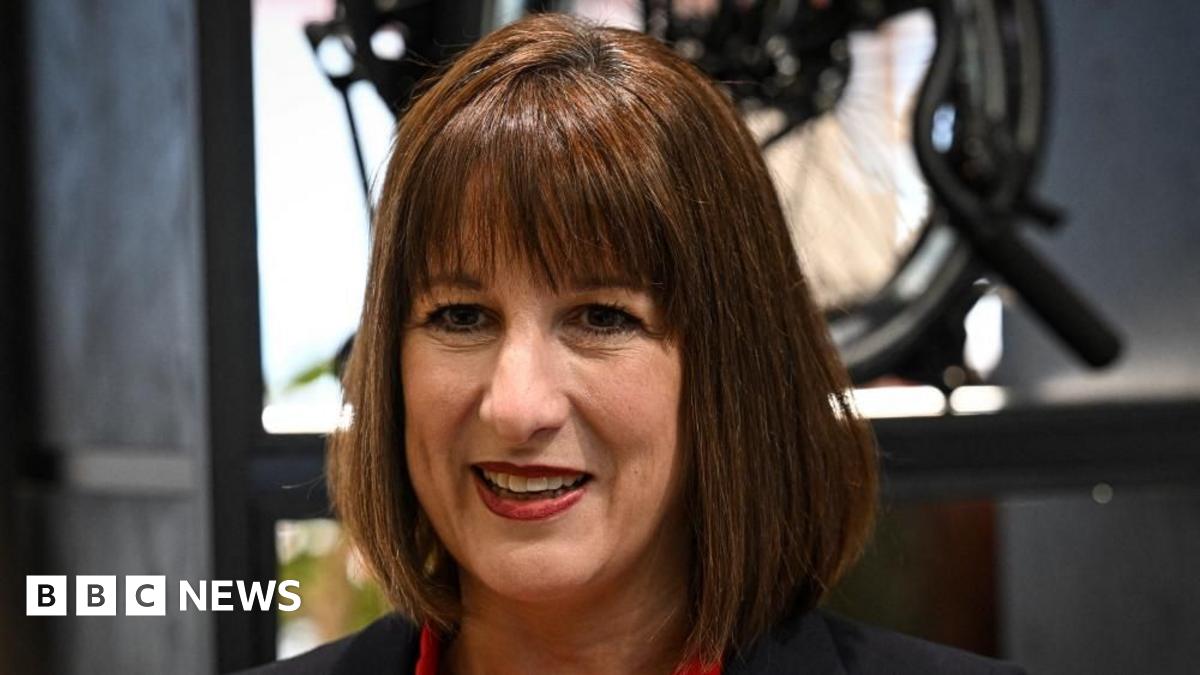As accountants face increasing competition from players outside the industry, firms are leaning hard into what makes them different as they try to communicate their true value proposition (see our feature story).
This is especially so in light of the profession’s slow turn away from repetitive compliance services like filing taxes, and into specialized advisory work. With more clients demanding data-driven insights and other high-level engagements, accountants are finding themselves entering a space long occupied by traditional consulting firms. As both are competing to give clients sound business and finance guidance, it can raise the question of just what it is that differentiates one from the other.
One of the biggest differentiators, according to Kalil Merhib, executive vice president of growth and professional services at CPA.com, is the deep relationships accounting firms establish with their clients. While people might bring in a consultant for a specific matter — perhaps cost optimization, perhaps workflow efficiency — an accountant can be a trusted advisor for the long term, leveraging the knowledge and experience they’ve built up over years of working with their clients.
“One of the greatest strengths of CPA firms is the partnership model,” said Merhib. “From a relationship and a book-to-client based perspective, firms have very deep relationships with clients.”
“They’re the trusted advisor to those clients,” he said, adding that accountants in general are among the most trusted professions according to polls. “Firms have leveraged that to mitigate risk of disruption.”
Matt Armanino, who leads Top 25 Firm Armanino, raised a similar point about client relationships, and said it’s not just about loyalty. Having this relationship with a client also means the accountant is prepared to give better guidance, as they are more aware of the particular dynamics behind a business than someone who might only parachute in for a one-off engagement.
“We have a deep knowledge and understanding of our client’s businesses … that can be best served by a true thought partner who has their vested interests in their customers’ specific problems, which can be solved with unique solutions,” he said. “We are a relationship-based provider, where we have an ongoing relationship providing outcomes important to them.”
Jody Grunden, partner and virtual CFO practice leader for Top 100 Firm Anders, noted that the fact many firms are local also means they’re more willing to take on clients that the larger consulting firms won’t.
“A large firm like McKinsey won’t serve the small clients. They’re too large,” he said, though he added that he doesn’t think the services themselves will feel much different to the client, saying the gap between the two has been narrowing for at least a decade.
Higher standards
One reason these relationships remain strong is trust, part of which can be explained by what might loosely be called the “CPA ethos.”
That is, accountants are inculcated with a professional ethos that stresses responsibility to the public and ethical behavior. Donny Shimamoto, managing director at Intraprise TechKnowlogies, said this means that, for example, a client can have more trust that the accountant isn’t giving self-serving advice.
“The standard we’re held to as CPAs is that we have to put the clients’ benefit ahead of our own, and we use that on the IT side. We’re never going to recommend a solution we don’t think you won’t get the most benefit from, even if we get less benefit, compared to an IT consulting firm that will go with the solution that will give them the most profit. There is nothing stopping them from making that recommendation,” he said.
Sharon Berman, finance and accounting solutions principal at Top 50 Firm Rehmann, added that another differentiator is that accountants tend to have an actual license that, theoretically, can be revoked if someone goes too far. Meanwhile, for many other professions, they just get fired and possibly move on to another company.
“Being a CPA, I think there is value in that certification,” said Berman. “We are held to a level of ethics and accountability that I think would be refreshing if other professions required it. My husband is an attorney and we laugh that I go through 40 hours of CPE every year, and he was grandfathered in to none. I think there is value in dealing with a CPA.”
Grunden, though, wasn’t entirely sure how big a differentiator this was, saying that a professional consultant is “not going to go down the rabbit hole that will put their company in jeopardy.” While he said that accountants need to take CPE, which does hold them to a certain standard, he said a lot of the CPE doesn’t even pertain to what they do.
The one-stop shop
Connected with both factors is that accounting firms, with their long-term client relationships developed through trust, can offer a wide range of possible services and often do. Jenni Huotari, business outsourcing practice leader with Top 25 Firm Eide Bailey, said her own firm has leveraged being, essentially, a one-stop shop for a variety of advisory services, which opens them up to multiple revenue streams.
“We speak a lot about being a more holistic provider of compliance and consulting and all those services. From our firm’s perspective, we work on the accounting and financial area as well as the technology areas, as well as ancillary consulting services, so we might be the only vendor needed for a variety of consulting areas. And within that we can connect all those pieces, so as we approach the client, we come with a very broad understanding of the organization,” she said, adding that it also allows the firm to identify strategic partnerships with other organizations.
Geni Whitehouse, president of the Information Technology Alliance, said an accountants’ understanding of the client’s business, combined with their knowledge of tax and financial compliance requirements, means they can see connections others might miss.
“There’s definitely a difference … The business impact and operational stuff is where we can make the difference, versus someone who does not have this understanding, they may make a business decision with an adverse tax or financial statement impact. We can consider all those,” she said.
Jim Bourke, partner and managing director of advisory services at Top 25 Firm Withum, raised a similar point, noting that the wide spectrum of domain knowledge possessed by a trained accountant means they can understand a problem in the context of the whole organization versus one specific part.
“I go back to the CPA thing,” he said. “I’m a CPA and I’m proud of it. I worked hard to pass that exam. Why choose me to do your cybersecurity consulting when I can get a cyber guy down the street? But I understand finance, I understand accounting, I understand the importance of it. I’m laser-focused on that and protecting your information. This is why you should use us. We understand the needs of the business.”
Credit: Source link











